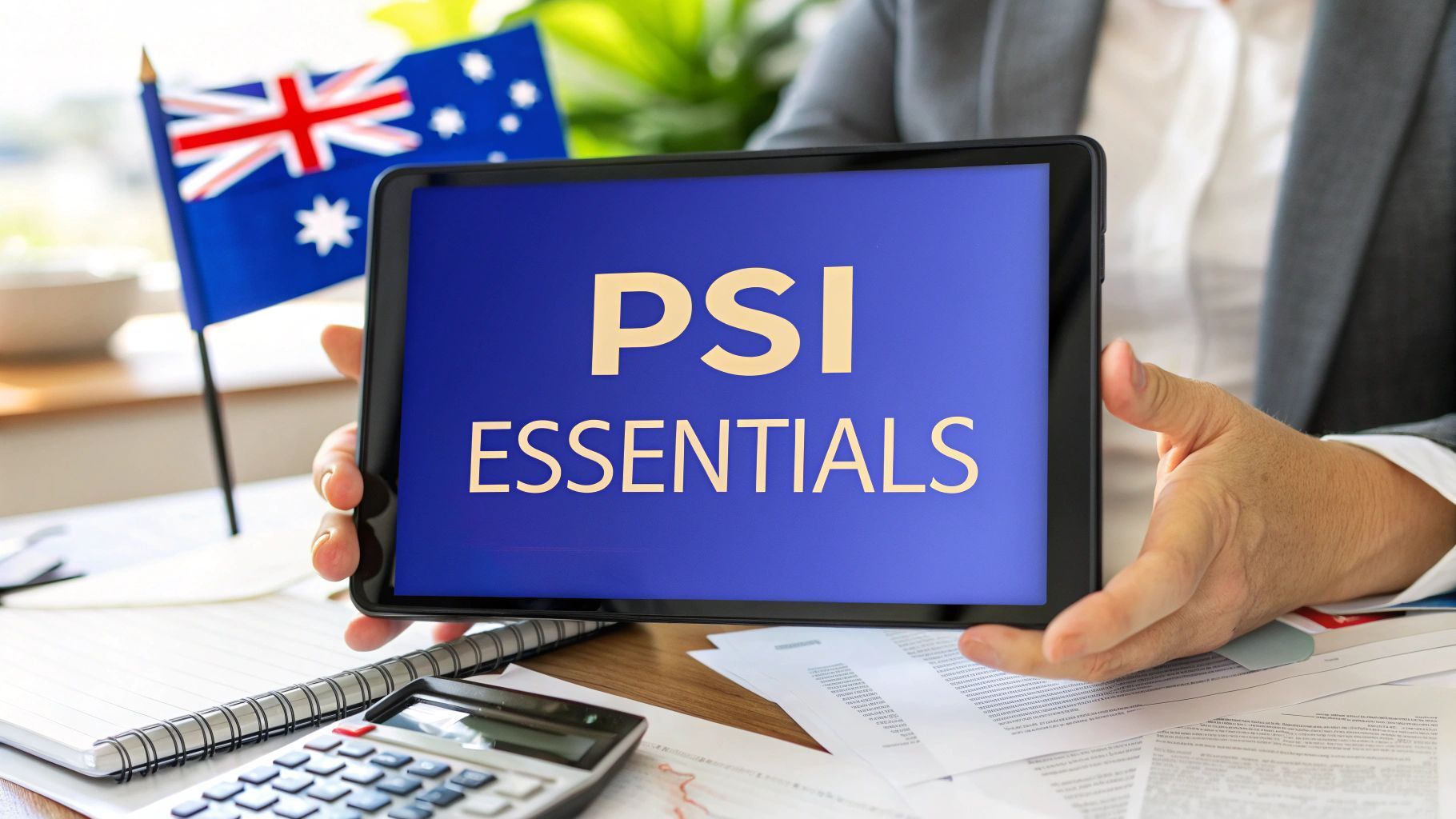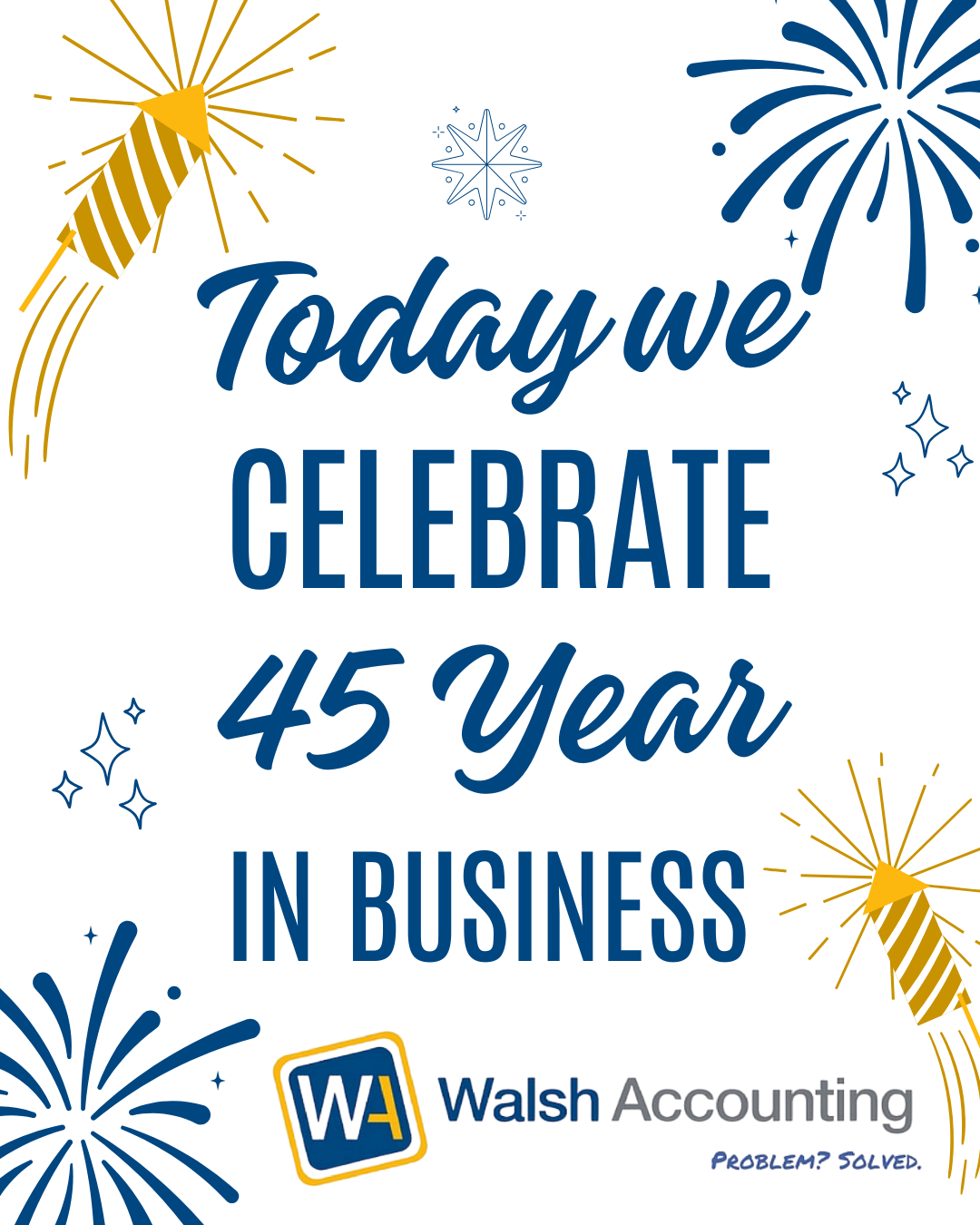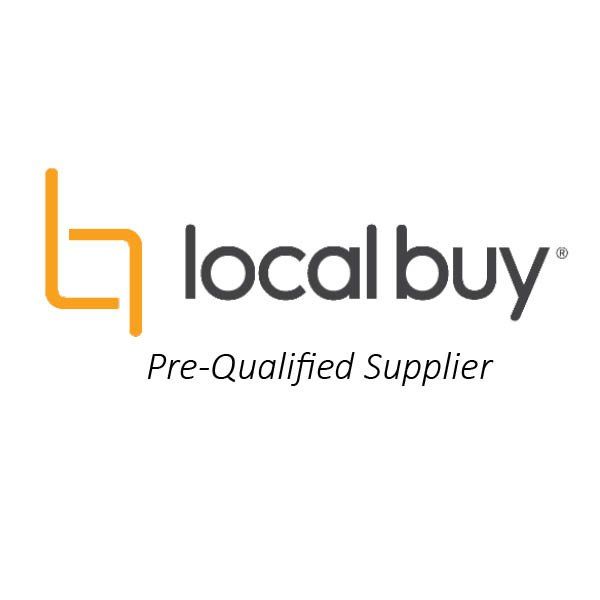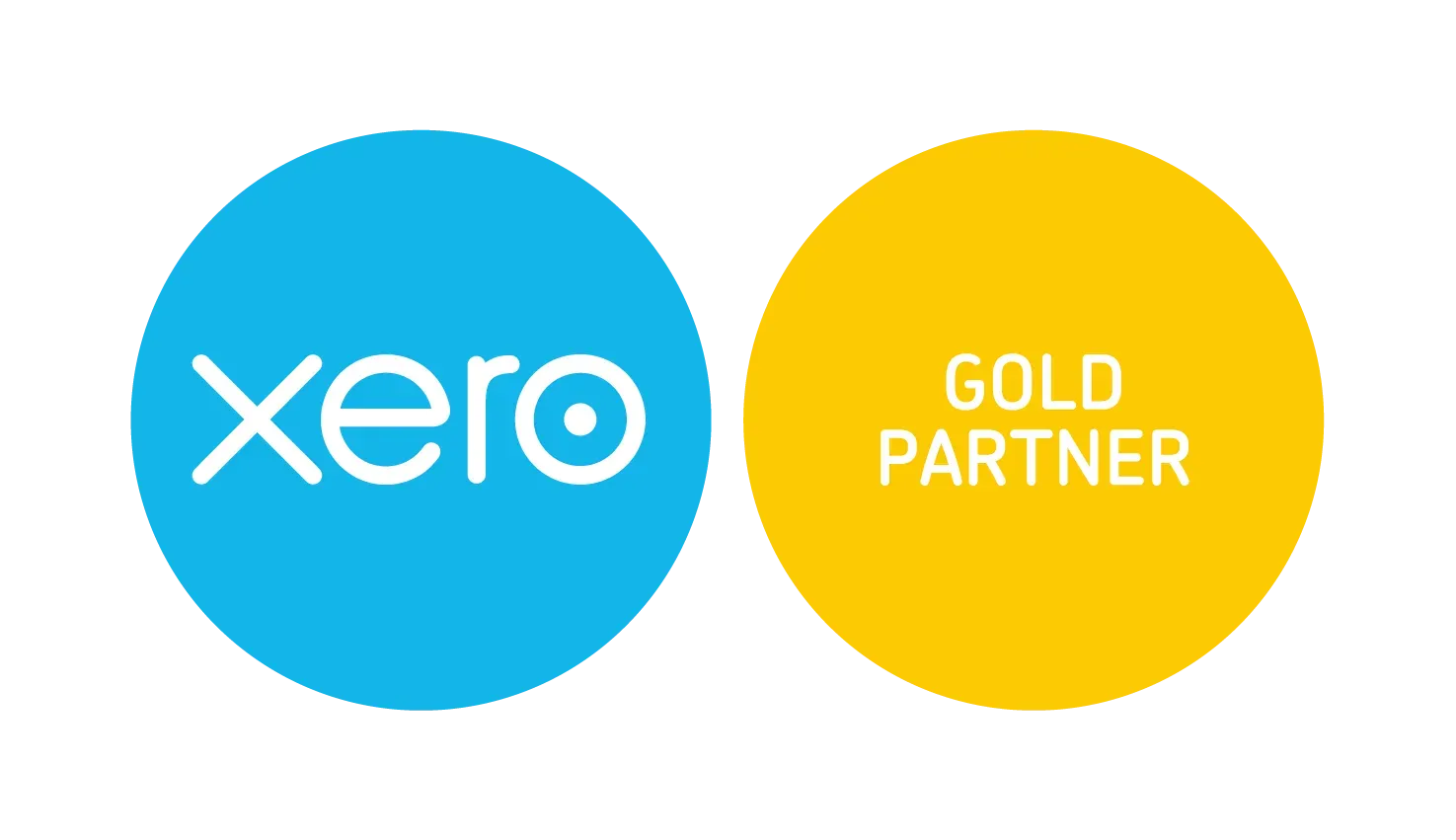By Jamie Walsh
•
September 9, 2025
Customer Service We formed the Barcaldine Business Council in the 1980s. At one stage we had over 100 financial members. A record 68 members attended one night-time meeting. The two big issues on the agenda were “buy local” and “customer service”. All members pledged to buy from each other wherever possible. Our main goal was to persuade people to buy local. After a number of years, it became apparent that only (at a guess) 15% of people would almost always buy local. The figure had hardly moved from what it was before our buy-local campaigns. Even members were not buying from other members causing some resentment. We learnt a lesson. No matter how much work we put into the campaigns, in the end most people buy in their own best interests. It took a further while to understand that this is how it should be. People can only live their best lives if they act in their own best interests. We should not want people to live less than their best lives in our town. This is a bitter pill for businesses to swallow. It means that local businesses somehow have to convince consumers that it is their best interests to buy locally. In some cases, this is just not possible. There are better deals elsewhere. However, there are strategies which can at least improve the odds. (I understand that it is difficult for small business owners. 75% of them earn less than the average wage and 43% make no profit at all, despite working long hours with no leave entitlements and often no super. There is no magic wand. I hear you. I know that the strategies below are easier to write than they are to fulfil. Do what you can and I hope it helps. Let me know). Customer Service Outstanding customer service reaps rewards. Do not give customers a reason to look elsewhere. They might stay elsewhere. Convenience It is not only a material world, it is a convenience world. Barcaldine has thousands of products and services that you can access in a few minutes rather than waiting for the item to arrive from a distant city. Sometimes the shop assistant will say “We are out of stock but we can have it here next Wednesday”. In most cases, that is still far more convenient than ordering online. Consistency It is not an ideal world. If you break a leg, you might also have to break some promises. The goal is to get as close to reliability as possible. Nobody is perfect all the time. However, based on anecdotal evidence, consistency of opening hours, products and services seems to be the number one issue with consumers. A very common comment is “We don’t care what the opening hours are as long as they are consistent”. Courtesy A hairdresser once said to me “We have to be the world’s most hypocritical people because we agree with everyone”. She was on the money, but it is not limited to hairdressers. It applies to everyone. You do not have to betray your own beliefs to be a sympathetic listener. You do not have to curtsey to be courteous. I remember buying two flat pack-chairs from the old Meacham and Leyland. I could not work out how to screw them together so I went back to Chook to ask him. We knew each other well enough to have a go at each other so, in a spirit of playfulness, Chook called out to a shop full of customers “Look at this clown. He can’t even screw a chair together” All the customers chuckled a big haha and I said haha too but not quite so big. It turned out that I had bought the last of those flat-pack chairs so I drove home to get one of them. After some head-scratching, Chook said in a small voice “Oh we gave you the wrong screws”. At this stage I wanted to say “OH YOU GAVE ME THE WRONG SCREWS” but when I looked around, all the customers had gone. I was literally the only customer left in the shop. Theoretically, therefore, there could be people still living in Barcaldine and perhaps their descendants who are of the opinion that I cannot screw a chair together. That was sixty years and five months ago. It’s water off a duck’s back to me. I expect to shrug it off shortly. The point is, some take offence more easily than others. You can not only lose a sale if you offend a customer, in a small town you can lose a customer for life and in some cases, you can lose a whole family. “The customer is always right”. We all know that is a load of hogwash, but would you rather show him the error of his ways or take his money? Cooperation Do try to buy in town wherever you can. The seller might become your customer. What goes around comes around in different ways. If you shop out of town, take the freight into account. Sometimes single item freight is many times the freight if the item is on a pallet or one of a bulk delivery. Communication Communication = Sender – >Message –> Receiver. Be a sender and a receiver. As a sender, let people know your opening hours and your products and services in as much detail as possible. You cannot be too detailed. As a receiver, listen closely to what your customers want. Ask them. Do not limit your products to the ones you like. You can do that in a big city but not in a small town (unless you have a very special product). Cast your net Obviously, if you are in the food business you cannot sell Friday lunches to people in Brisbane, but if you work on a computer or sell special products or services, utilise the internet. If only one person in a million in Australia likes your offerings, you have 24 customers you would never have had otherwise. There are success stories. I wish success to you all. I’m not sure my wife thinks I can screw a chair together. By Lionel Walsh


















